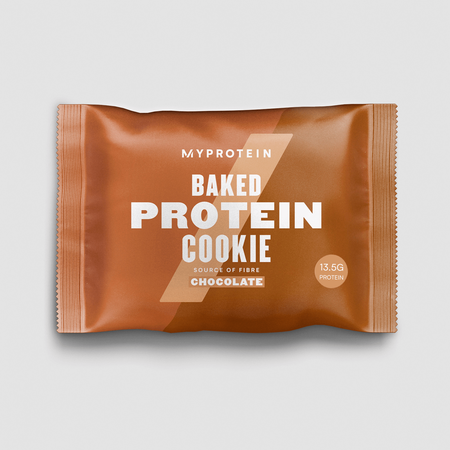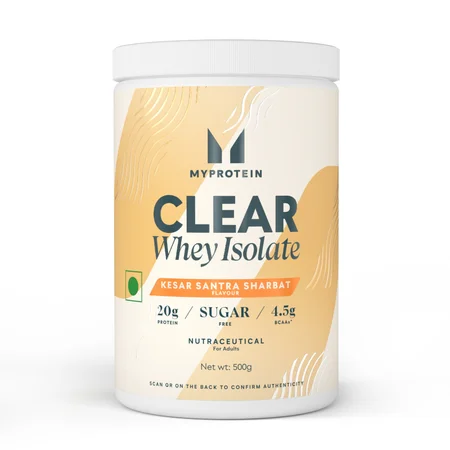Is Water Fasting Safe? Everything You Need To Know

Water fasting is exactly what it sounds like...drinking (and often eating) nothing but water for a limited period of time. And even though it might be an appealing route for fast weight loss, this often is not realistic and doesn't actually get the desired results.
Water fasting may be done for many reasons - for religious purposes, to prepare for a medical procedure, or for perceived health benefits. Before you choose to do a water fast, read on to learn more about what it is and all of the factors you need to consider.
What is water fasting?
The term “fasting” implies abstaining from all food and drink - so a water fast means consuming nothing but water. Fasting has long been a part of different religious observances, and may include abstaining from just certain foods, all foods, or everything but water.
It has also been thought of as a way to “cleanse” your system by not consuming food for a day or more.
Is water fasting safe?
The safety of water fasting depends on the length of your fast and your health history - underlying medical conditions must be considered.
The potential dangers of doing a water fast are below.
Water fasting can lead to dehydration
Up to ⅓ of the water we consume daily actually comes from foods, so consuming your typical amount of water while fasting may not be enough to prevent dehydration.
It may cause loss of water weight
While it may be appealing to think about easily losing 1 or more pounds over the course of a water fast, this weight loss will likely reflect the water weight lost from the breakdown of stored carbs and muscle tissue.
With calories being consumed, our body will break down stored energy - not just from fat but also from our lean mass (which contains a high percentage of water).
It is not nutritionally adequate
Calories are our body’s fuel - and without eating any food, we won’t be giving our bodies any fuel to run on. Not only do we need calories for energy, but the micro and macronutrients in food are essential for all of our body’s processes.
Any eating pattern that does not contain protein, carbs, fat, vitamins, and minerals is not nutritionally adequate and cannot be sustained for long periods of time.
You may feel weak and dizzy
If you have any sensitivity to carbohydrates or issues with blood sugar control, it can be dangerous to water fast. The symptoms of low blood sugar are very similar to those of dehydration - and the combination of both can be even more extreme.
You may feel extremely tired, weak, nauseated, or dizzy.
You may overeat when the fast is over
Water fasting is extreme and takes a lot of mental effort to achieve. After a day or more of not eating any food, you will likely have strong cravings and want to “celebrate” the end of your fast - making it easy to overeat and negate any of the potential benefits you had worked towards.
It can worsen some medical conditions
A water fast could worsen certain medical conditions, or contribute to disordered eating habits. Always consult your GP if you’re thinking of doing a water fast.

What are the benefits?
Water fasting could promote weight loss: There are several studies that show benefit to water only fasts for short periods of time, making alternate day fasting or intermittent fasting a popular approach.2It can help regulate hunger: studies showed impacts of fasting on both leptin and insulin, two hormones that impact regulation of hunger.3Is it thought to “detox” the body: because digestion of food and excretion of waste requires a lot of work by the body, water fasting is thought to give your digestive system, kidneys, and liver a temporary break to work more efficiently after the fast.4
Who is water fasting designed for?
Water fasting is designed for many reasons - people who want to lose weight, detox, or adhere to a religious tradition. There are different patterns and lengths of water fasting depending on the desired outcome and your health status.
How to safely follow a water fast
Water fasts are not recommended for those who are pregnant, have an eating disorder, or those who have a medical condition.
Before your fast
The first thing to do before a water fast is speak to a medical professional. Make sure you discuss any medical conditions or potential concerns about side effects before beginning.
Before you start a water-only fast, it is recommended to gradually reduce calorie intake and follow a diet of mostly fruits and vegetables for a few days prior. This will make the water-only fast feel less extreme than transitioning from a full eating pattern.
During a water fast
As previously mentioned, water fasting can cause dehydration - requiring you to drink more water than usual. Most water fasts recommend upwards of 2-3L per day.
During a water fast, you do not consume any calories - and the side effects of weakness and low blood sugar will likely make it difficult to perform any strenuous activity. It may be difficult to concentrate, so don’t plan your water fast when you have to drive or operate heavy machinery or take an important exam. And make sure not to do strenuous exercise.
After water fasting
Many water fasts encourage slowly reintroducing foods, and one study in particular prescribed a low-fat vegan diet for the first few days afterward. Sticking with a healthy eating pattern of fruits, vegetables, whole grains and lean protein is the most likely to maximise the benefit of your water fast.

Take Home Message
Water fasting is an extreme diet that should not be done for long periods of time or without the supervision of a medical professional. While it has been done for many years as part of religious and other traditions, the full long-term implications of water fasting - intermittently or for a day or more at a time - are still being studied. There are many other ways to lose weight or improve your health without eliminating all foods from your diet.
READ THESE NEXT:










